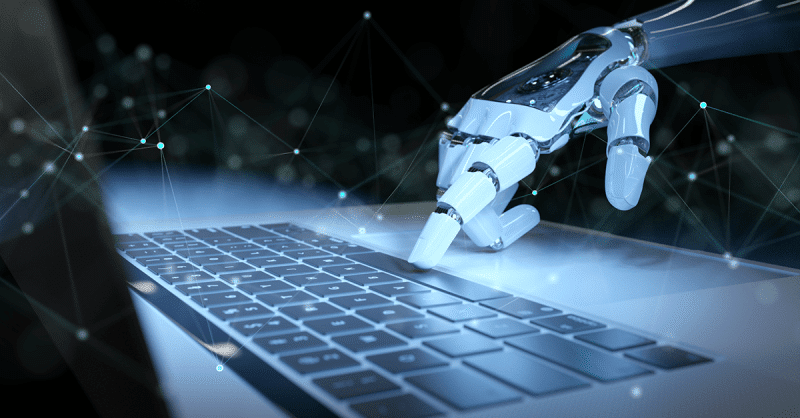
Robotic Process Automation
Robotic Process Automation continues to evolve as organizations seek to streamline operations, enhance productivity, and leverage automation technologies to gain competitive advantages in the digital era.
Our partner’s RPA tool involves the use of software robots (bots) or artificial intelligence (AI) to automate repetitive, rule-based tasks traditionally performed by humans.
